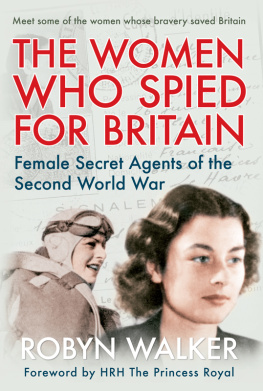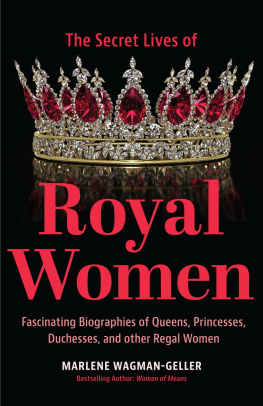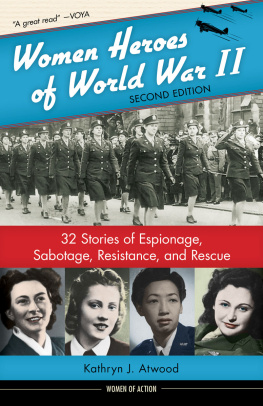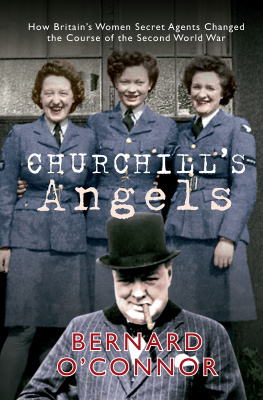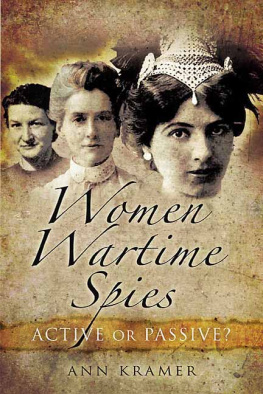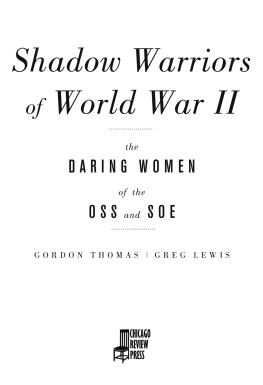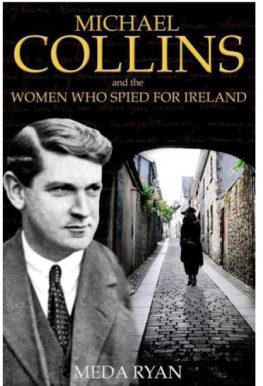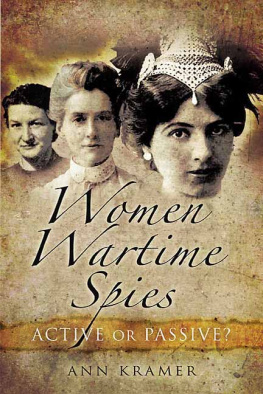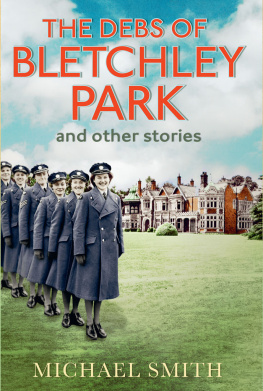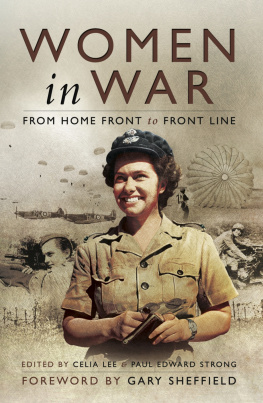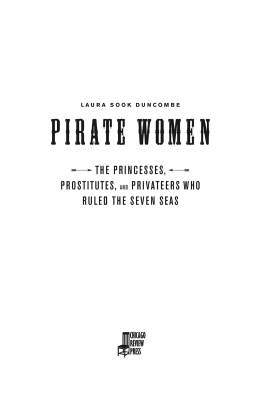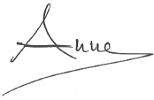Cover illustrations: Front cover: Violette Szabo (Susan Ottaway); Violette Szabos ID card (David Harrison); A female parachutist (J. & C. McCutcheon Collection).
First published in 2014
Amberley Publishing
The Hill, Stroud
Gloucestershire, GL5 4EP
www.amberley-books.com
Copyright Robyn Walker, 2014
The right of Robyn Walker to be identified as the Author of this work has been asserted in accordance with the Copyrights, Designs and Patents Act 1988.
ISBN 9781445623115 (HARDBACK)
ISBN 9781445623160 (eBOOK)
All rights reserved. No part of this book may be reprinted or reproduced or utilised in any form or by any electronic, mechanical or other means, now known or hereafter invented, including photocopying and recording, or in any information storage or retrieval system, without the permission in writing from the Publishers.
British Library Cataloguing in Publication Data.
A catalogue record for this book is available from the British Library.
Typesetting and Origination by Amberley Publishing
Printed in the UK.
Contents
Foreword by HRH The Princess Royal
As Commandant-in-Chief of the First Aid Nursing Yeomanry and Patron of the Special Forces Club, I am delighted to write a foreword for this book highlighting the valuable contributions made by women during the Second World War, whose courage in the face of danger was extraordinary. Britains Special Operations Executive (SOE) recruited many women throughout the war, not only to serve as secret agents but also to work as coders, signallers, agent conductors and administrative staff at the agent training facilities. Most of these women were commissioned into the FANY Corps.
This well-researched history of the women who helped to ensure victory for Britain draws on primary-source material, interviews with both family members and colleagues of the agents, and the most current available research, to present a comprehensive picture of the women the Special Operations Executive employed. It provides a fascinating account of their motivation for service and, in some cases, of their tragic ends in service of the country. None of these brave women aspired to be heroes but without them the Resistance movements in France, and across the continent, would not have been as successful as they were, and we owe them all a huge debt of gratitude.
Acknowledgements
This book is the result of dogged determination on the part of the author, the foresight of a commissioning editor who thought it stood a chance and the kindness and generosity of people across the world who were willing to share.
Throughout this manuscripts journey to publication I was continuously amazed by the wonderful responses I received from perfect strangers, who always seemed to have time to help me with my research. Robert Maloubier was the first and his offer to share his knowledge of SOE and the details of Violette Szabos final mission was truly a gift. The assistance of Martyn Cox has been immeasurable. His willingness to provide contacts, and to share information and photographs, is much appreciated. Thanks also to David Harrison, a gentleman who is so clearly passionate about the subject of SOE agents, for his help in obtaining photographs.
I was privileged to be able to speak with Nadya Murdoch (daughter of Sonia Butt dArtois) and appreciate so much her taking the time to chat with me about her mother and to provide me with some lovely photos.
Many, many thanks to author Susan Ottaway, whose work I have long admired. That such an esteemed author would take the time to correspond with me and share her resources means so much and I am truly grateful.
Much appreciation goes out to all of the individuals who provided photographs and photograph permissions for this book. Your willingness to share has truly enhanced the project. Special mention to John Horrocks and the Tilford Bach Society, who went above and beyond to get me a photo I desperately wanted, and to the Special Forces Club for their support.
My thanks are also extended to HRH Princess Anne for agreeing to write the Foreword for this book. Her willingness to be a part of this journey was most gracious and her contribution was most welcome.
I offer my sincere gratitude to my editor, Emily Brewer at Amberley Publishing, for not only her belief in the project but for her constant support and assistance. She calmed my panic when things seemed overwhelming, she provided excellent contacts and research advice and she was, quite simply, an amazing advocate for this book. I owe her an incredible debt of gratitude. Also, many years ago an editor named Casey Cornelious gave me hope that this manuscript could actually become a book and her feedback on the writing was quite valuable. Thank you.
Finally, I would like to thank my husband Terry and son Jed for their love and support throughout this journey, especially when things seemed bleak; Corrina Austin, whose friendship and writing talents continue to inspire me; Ron Beikx for his feedback and willingness to proofread; and the rest of my family, who encouraged my interest in the Second World War and who are always willing to buy my books.
Introduction
Women were an active and integral part of the Allied war effort during the Second World War. They worked a variety of positions including driving ambulances and ferrying planes, nursing, decoding intelligence messages, operating barrage balloons, serving as air-raid wardens, manning anti-aircraft guns and radar stations, providing ground communications with Allied pilots and filling factory positions left vacant by men who had enlisted. Yet these were purely non-combatant situations. Never would these women be in a position to come face to face with the enemy, since military policy, in the British, Canadian and American armed forces, made no allowances for female combatants. However, a select group of women actually did find their way to the front lines and, indeed, beyond them. These women trained with men, served with men and, in some cases, even commanded men. They assumed possibly the most dangerous position of the war the role of secret agent.
In response to the German invasion of Poland, France and Britain declared war on Germany on 3 September 1939. During the spring of 1940 the Germans launched a full-scale attack on Western Europe, taking first Norway and Denmark (April) then proceeding to smash through the defences of the Netherlands, Belgium and France (May). The British Expeditionary Force (BEF), which was stationed in France, was forced back to the beaches of Dunkirk, on the French coast. While the majority of the BEF was evacuated off the beaches of Dunkirk, almost all of their heavy equipment and vehicles were left behind. By the end of the summer of 1940 the Germans controlled all of Western Europe, and Great Britain and Canada stood virtually alone (the United States did not enter the war until December 1941) against the Germans. With most of their military machinery lost at Dunkirk, Great Britain began a massive rebuilding campaign to rearm and resupply their shattered army. They also began focusing their attentions on less traditional forms of warfare.

